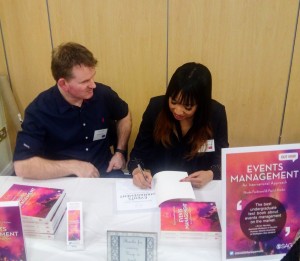
Dr Paul Kitchin, Lecturer Sports Management, Ulster University and Dr Nicole Ferdinand, Senior Lecturer Events Management, Bournemouth University, Editors for Events Management: An International Approach
On January 25th 2017, Bournemouth University staff and students celebrated the launch of Events Management: An International Approach. The text brings together the work of 22 authors boasting 11 nationalities. At the launch event, which was hosted at King’s College London, leading Editor for the publication, Dr Nicole Ferdinand, Senior Lecturer in Events Management at Bournemouth University was joined by BU colleagues, current students and alumni as well as staff and students from a range of universities and other organisations – including Goldsmiths University, University of East Anglia, University of East London, University of West London, Set Square Staging Limited and Vodafone.
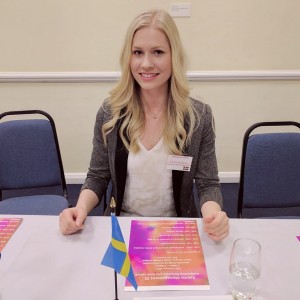
Ms Emelie Forsberg, Event Manager for British Private Equity and Venture Capital, Panel Member, Author and BU Alumnus
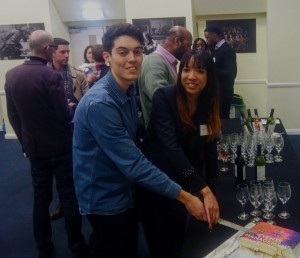
Mr Christian White (pictured left), BU Alumnus and Youngest Author of Events Management: An International Approach
The event started with an international networking reception in which attendees from 15 different countries were given the opportunity to meet individuals from a variety of cultural and also professional backgrounds. At the end of the reception two lucky attendees received free copies of the text.
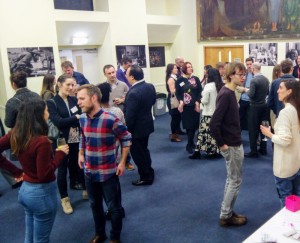
Networking session in full swing
Dr Paul Kitchin hosted the book launch, providing an overview of the text and facilitating the academic versus industry panel discussion which was the highlight of the evening’s proceedings.

Author panel members (from left to right) Academics: Professor Stephen Shaw, Emeritus Professor, York University, Dr Nicole Ferdinand, Senior Lecturer, Events Management and Dr Nigel Williams, Senior Lecturer Project Management both at Bournemouth University, Industry: Mr Bruce Johnson, Manging Director, Bruce Johnson Consultancy, Ms Emelie Forsberg, Event Manager, British Private Equity and Venture Capital and Mr Michael Chidzey, Marketing Director, Chillisauce Events
Events Management: An International Approach is available for purchase from Amazon.co.uk: https://goo.gl/c8rZ3O
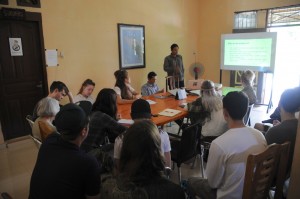
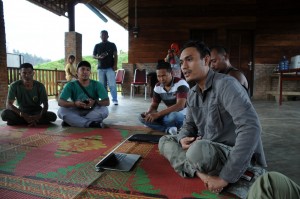
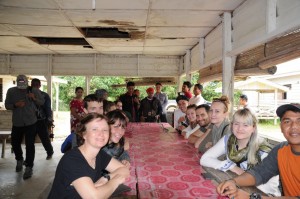
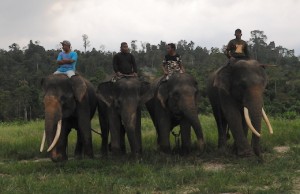
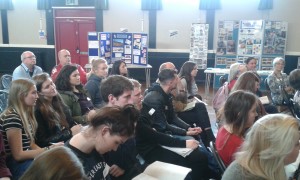
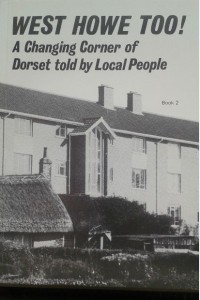
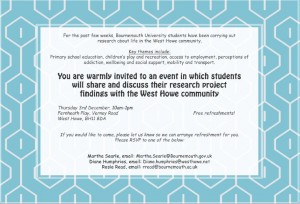
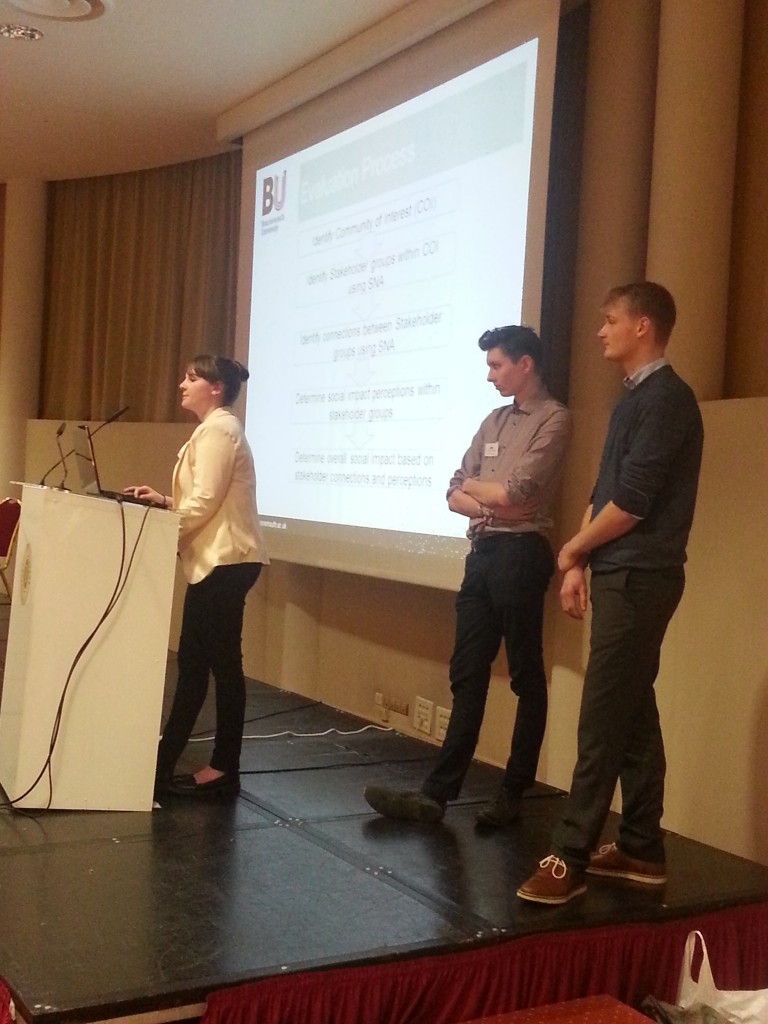
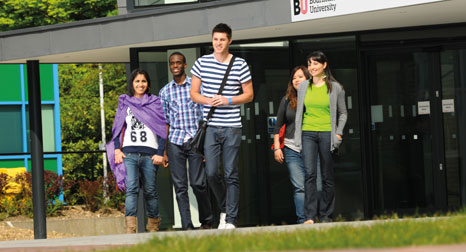
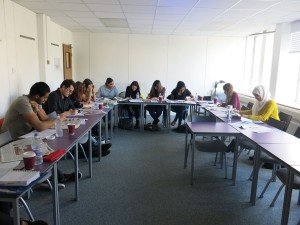

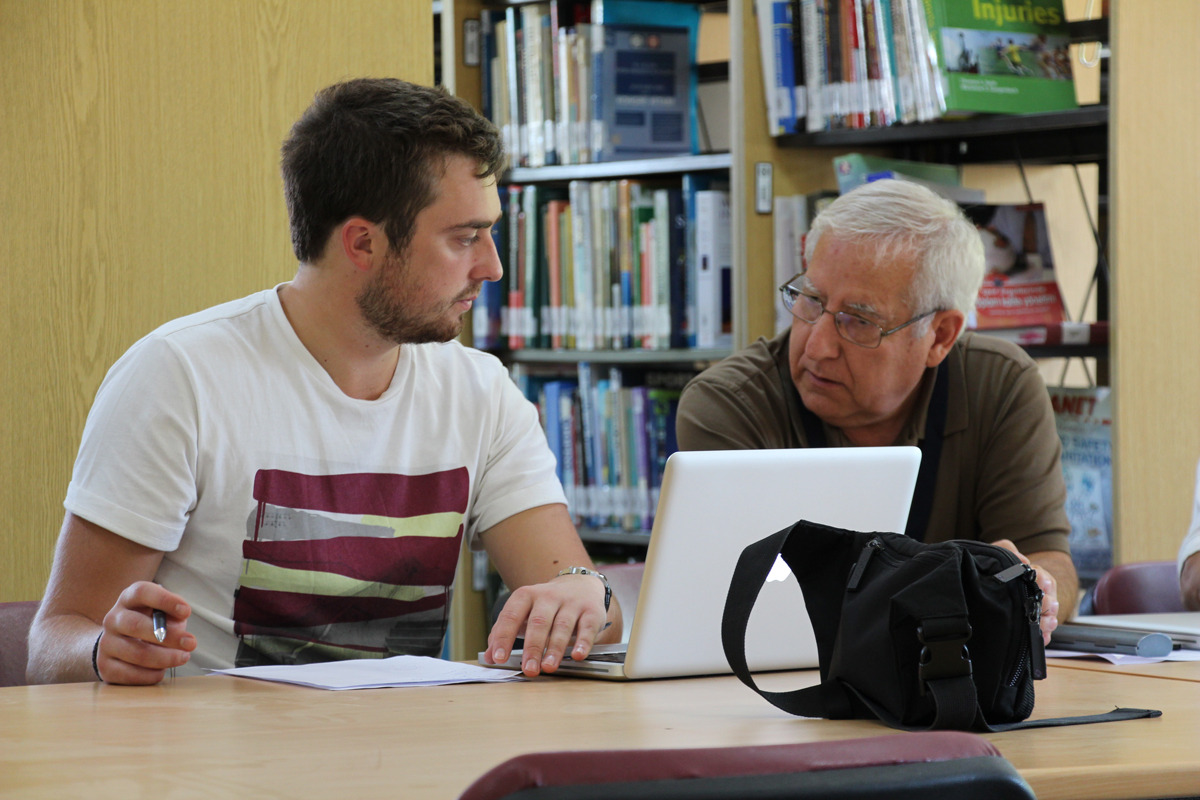
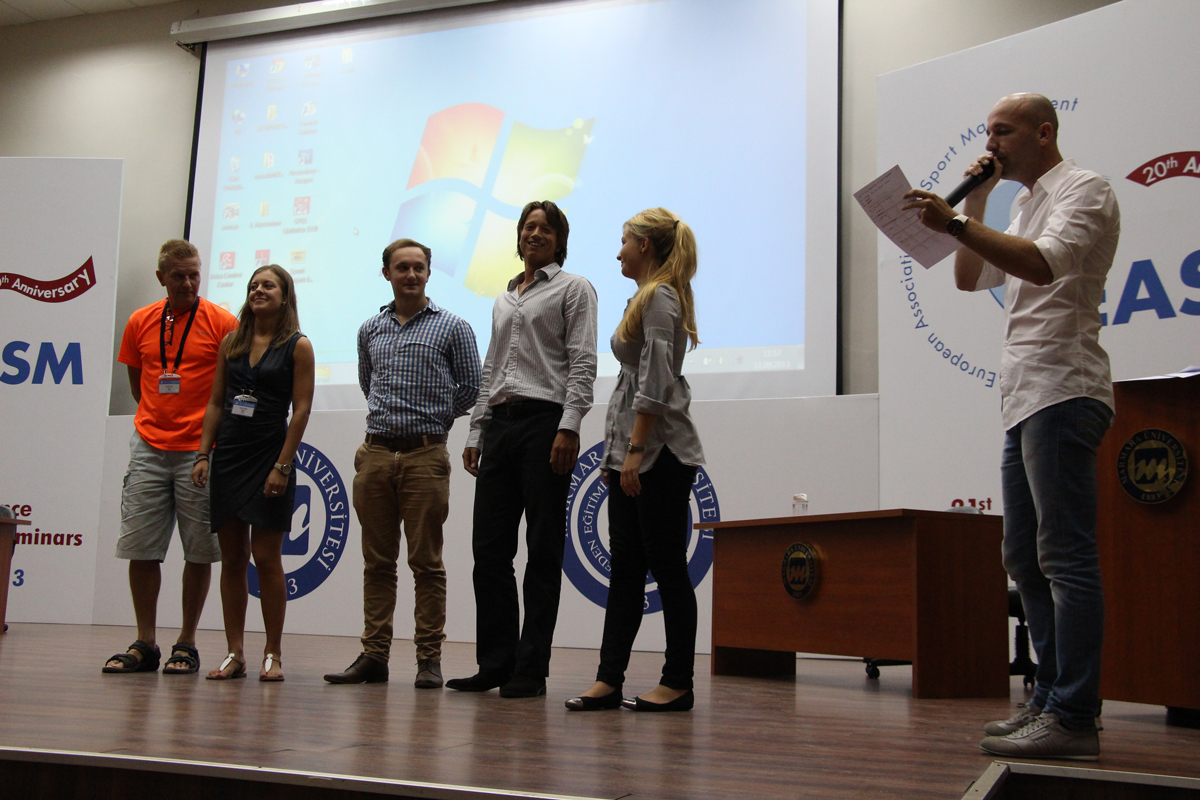
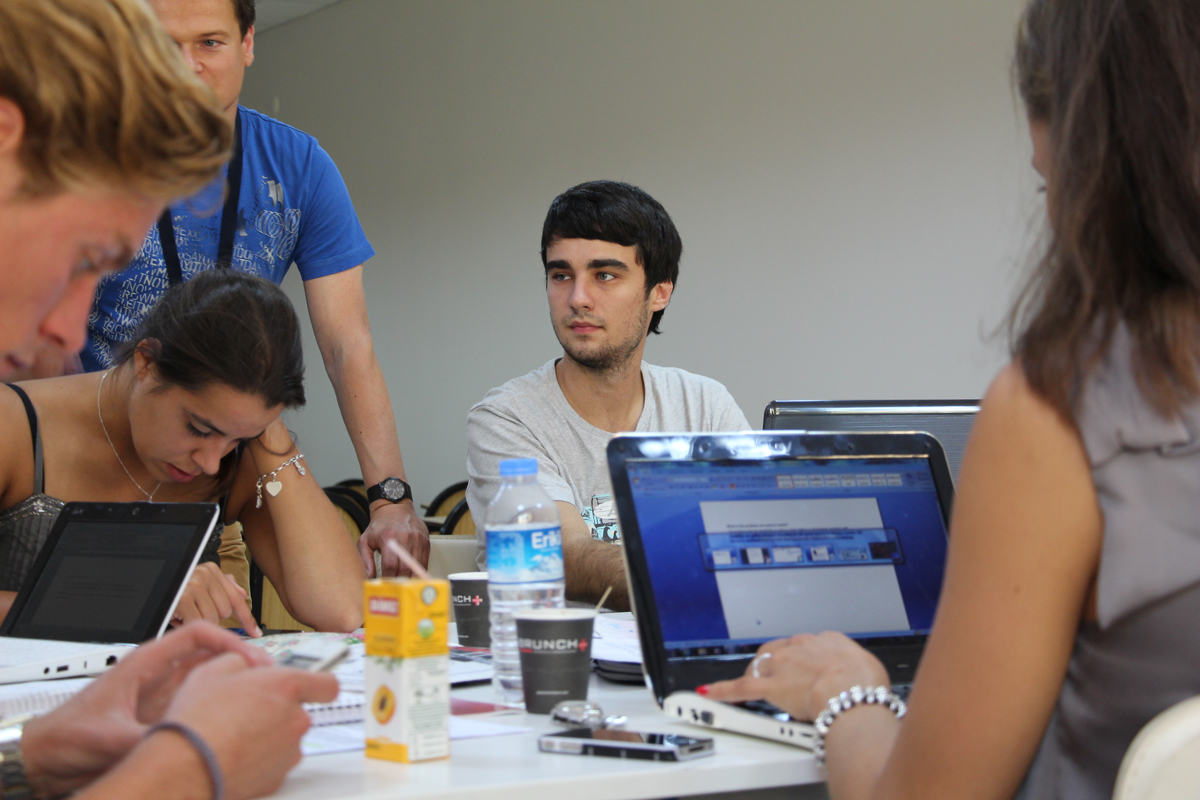
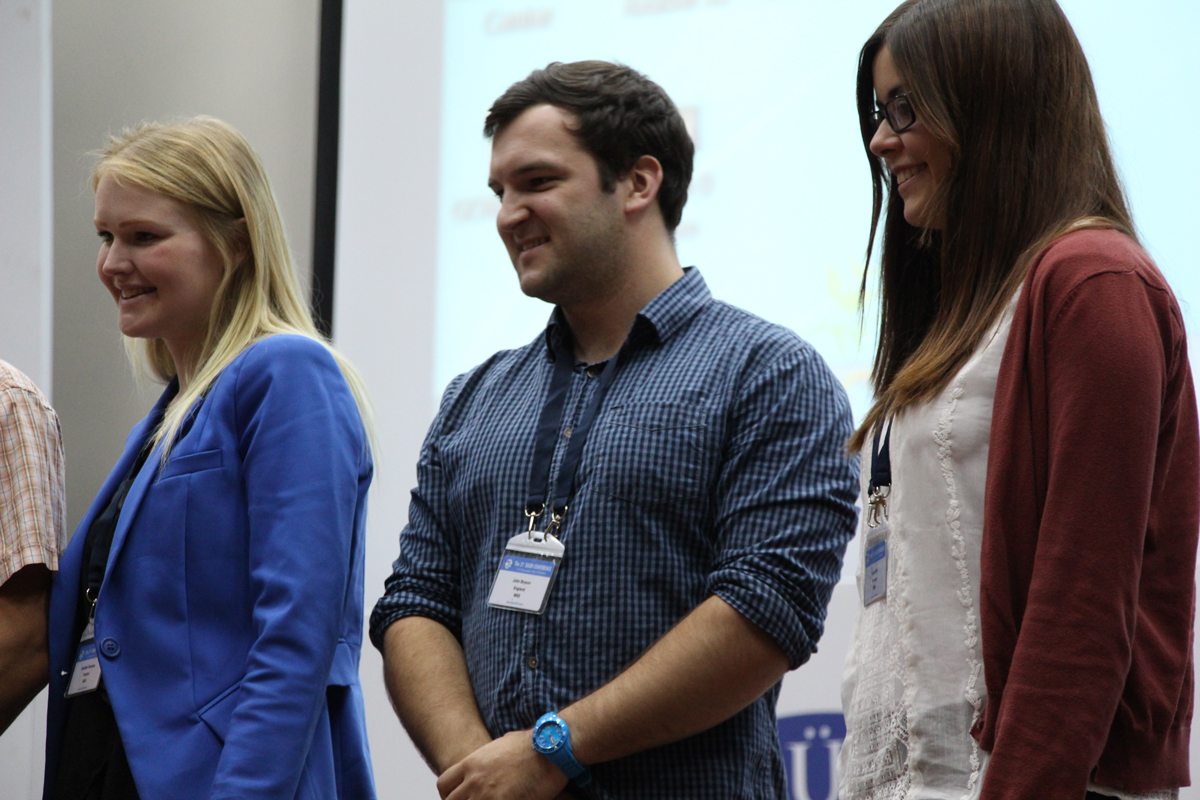
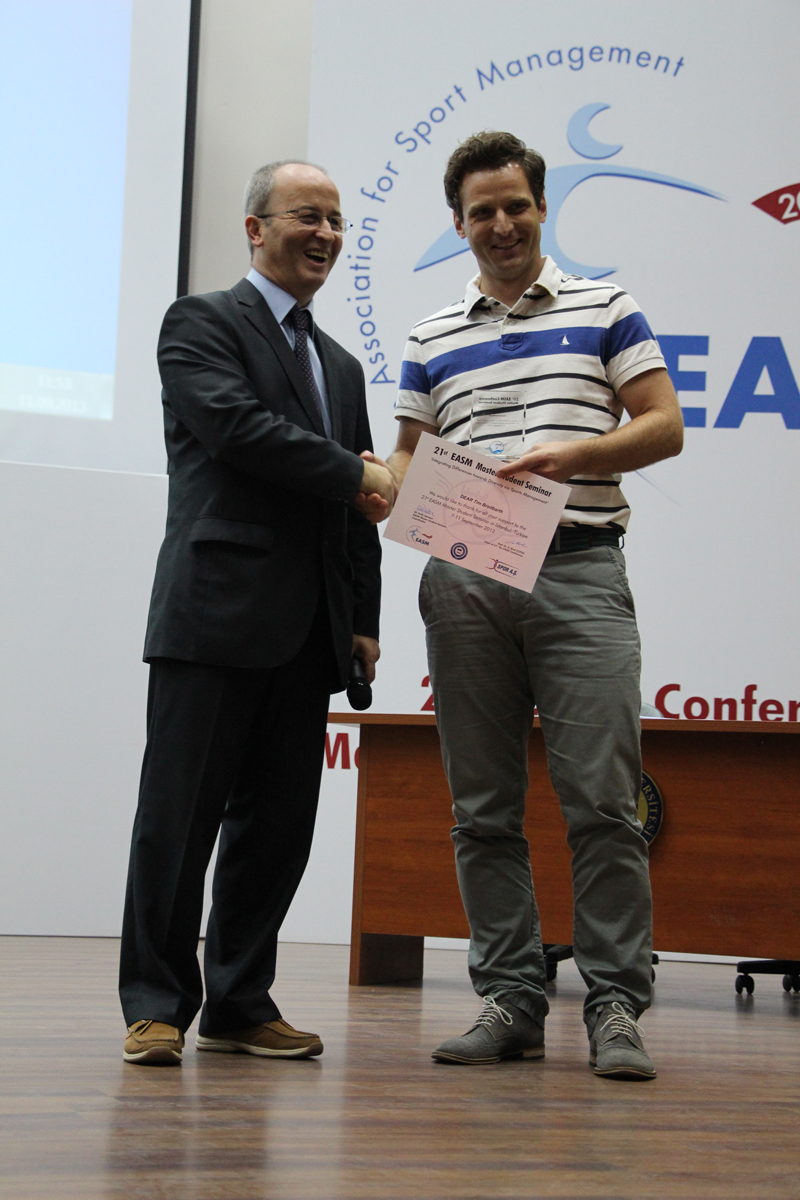
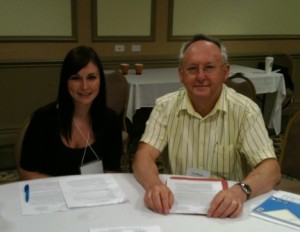











 Seeing the fruits of your labour in Bangladesh
Seeing the fruits of your labour in Bangladesh Exploring Embodied Research: Body Map Storytelling Workshop & Research Seminar
Exploring Embodied Research: Body Map Storytelling Workshop & Research Seminar Marking a Milestone: The Swash Channel Wreck Book Launch
Marking a Milestone: The Swash Channel Wreck Book Launch No access to BRIAN 5-6th February
No access to BRIAN 5-6th February ECR Funding Open Call: Research Culture & Community Grant – Application Deadline Friday 12 December
ECR Funding Open Call: Research Culture & Community Grant – Application Deadline Friday 12 December MSCA Postdoctoral Fellowships 2025 Call
MSCA Postdoctoral Fellowships 2025 Call ERC Advanced Grant 2025 Webinar
ERC Advanced Grant 2025 Webinar Update on UKRO services
Update on UKRO services European research project exploring use of ‘virtual twins’ to better manage metabolic associated fatty liver disease
European research project exploring use of ‘virtual twins’ to better manage metabolic associated fatty liver disease